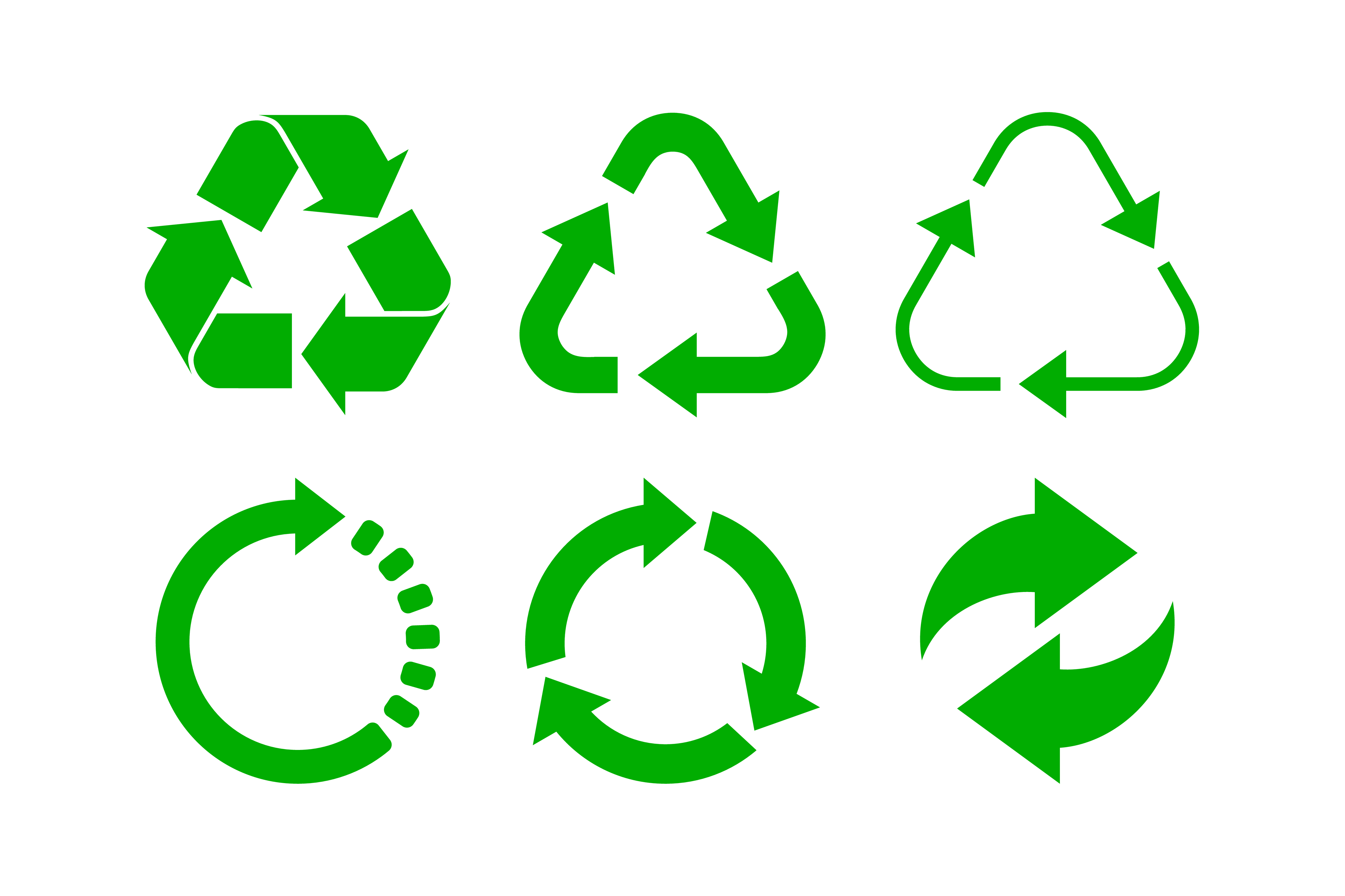Hydrogen – sounds cosmic?

Hydrogen vehicles – the future of motoring
The first mass-produced model of a hydrogen fuel cell car is already on sale. The use of hydrogen fuel results in absolutely clean exhaust gases – it is water vapour. Hydrogen can also be a completely renewable fuel – sceptics argue that electricity generated by power plants is needed to obtain it, e.g. through water electrolysis. However, this electricity can come from hydro, wind or solar power plants. Hydrogen can also be produced by several other methods, which solves the problem of diversifying energy sources.
In May this year, the 1st Central European Hydrogen Technology Forum H2POLAND, organised by the Poznań International Fair, took place. Over two days, on three stages, nearly 100 speakers and over 1,500 guests from all over Europe participated in conferences, panel discussions and trade fairs. Hydrogen is no longer just a dream for the future, but a reality here and now. Representatives of hydrogen valleys, local government officials, the scientific and business communities not only presented their achievements to date, but also presented specific solutions necessary for the development of the Polish hydrogen economy.
The development of hydrogen technology and the application of hydrogen propulsion systems is already the subject of research by Polish scientists and entrepreneurs.
A pilot project has been obtained, aimed at building a network of hydrogen-powered combined heat and power plants. A hydrogen-powered bus stands in front of the hall – it is the work of one of our members. Photovoltaics is also beginning to cooperate with hydrogen technologies. A far-reaching vision of building a hydrogen-powered aircraft engine. It is estimated that such a revolution is a vision for 2035/2040. We will soon begin research on hydrogen combustion in the aviation industry. We are doing all this by combining science and business, says Prof. Jarosław Sęp, President of the Podkarpackie Hydrogen Valley Association, Rzeszów University of Technology.
– Activities related to hydrogen research and innovation may well find their “piece of the pie” in the Horizon Europe programme. Poland will receive as much of the programme’s budget as is justified on the basis of initiatives from Polish companies and institutions, reassures Dr Maria Śmietanka, Deputy Director of the National Contact Point at the National Centre for Research and Development.
Why is it worth it?
- Increasing the share of environmentally friendly vehicles.
The introduction of alternative fuel vehicles can significantly improve air quality in cities and, consequently, public health. - Hydrogen propulsion is considered to be the clean propulsion of the future.
It is a step towards a green economy based on the reuse of raw materials and renewable energy sources. Hydrogen-powered vehicles emit neither carbon-containing pollutants nor greenhouse gases.
Although hydrogen-powered vehicles have been in use in the transport sector for a long time, they are a novelty in railways.
Łukasiewicz – Poznań Institute of Technology is authorised to fully certify classic railway vehicles in accordance with the requirements of:
- Directive (EU) 2016/797 of the European Parliament and of the Council of 11 May 2016 on the interoperability of the rail system within the European Union,
- Directive (EU) 2016/798 of the European Parliament and of the Council of 11 May 2016 on railway safety.
We are applying for authorisation for full type approval of a hydrogen-powered railway vehicle in accordance with the requirements:
- Regulation (EC) No 79/2009 of the European Parliament and of the Council of 14 January 2009 on type-approval of hydrogen-powered motor vehicles and amending Directive 2007/46/EC,
- Commission Regulation (EU) No 406/2010 of 26 April 2010 implementing Regulation (EC) No 79/2009 of the European Parliament and of the Council on type-approval of hydrogen-powered motor vehicles.
What are our goals?
- To create one large centre for the approval of hydrogen-powered vehicles (not only railway vehicles).
- Meeting customer expectations – whole vehicle type approval in one place.
- Expansion of Łukasiewicz – PIT’s offer to include new areas of type approval (e.g. hydrogen-powered buses).
What are our plans?
- Establishment of a hydrogen certification centre:
- analysis of legal and standardisation documents,
- development of certification procedures,
- recruitment of highly qualified specialists.
- Establishment of a hydrogen testing laboratory:
- analysis of requirements for the necessary testing equipment,
- development of testing procedures,
- recruitment of highly qualified specialists.



